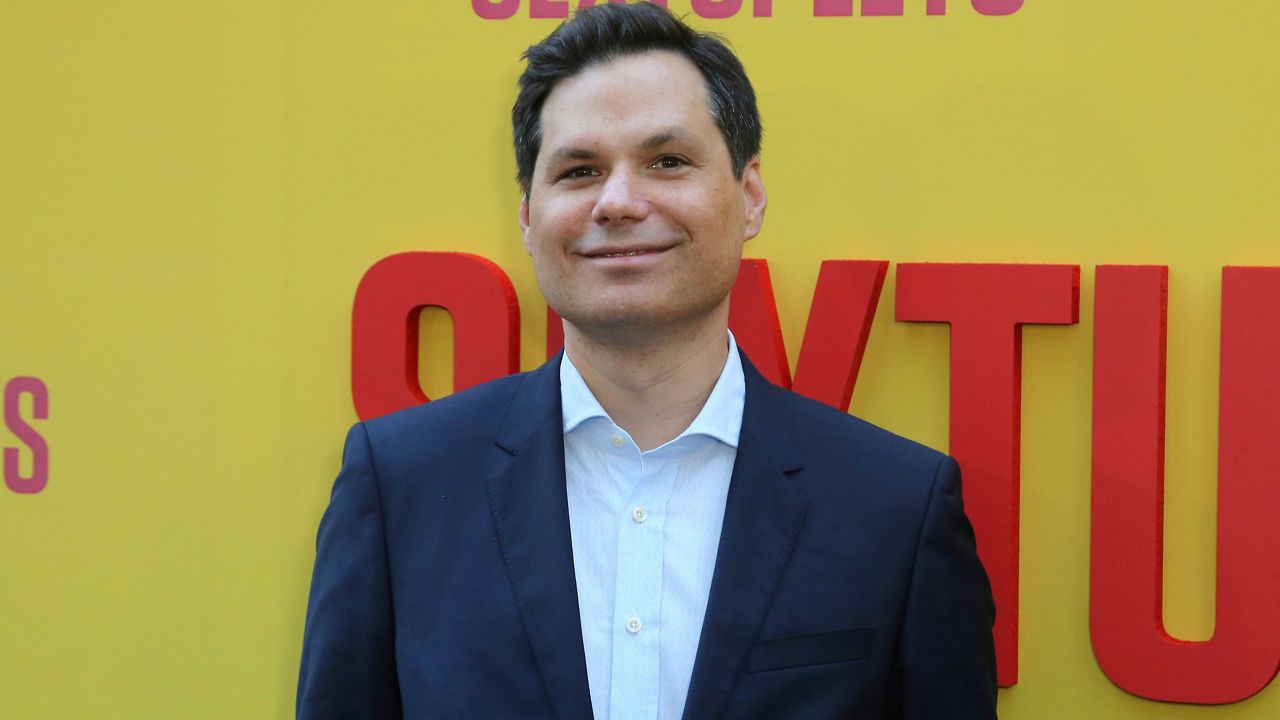This story mentions eating disorders. Help is available. The National Eating Disorder Association Helpline operates Monday-Thursday from 9:00 a.m.- 9:00 p.m. and Friday from 9:00 a.m. - 5:00 p.m. at 1-800-931-2237.
Eating disorders are a disease of disconnection.
Mary Tantillo, the director of Western New York Comprehensive Care Center (WNYCCCED), believes that deeply.
It’s one of three state-funded centers, located in Rochester, Albany and New York City, that help treat eating disorders holistically connecting those struggling with eating disorders and their families to the services that insurance doesn’t cover — and one that has struggled each year figuring out how to operate without guaranteed funding.
Gov. Kathy Hochul’s proposed executive budget cuts 90% of the funding for the New York Comprehensive Care Centers for Eating Disorders (NYCCCED) — from $1.5 million to just over $100,000 to be divided amongst them, said Tantillo.
“Eating disorders, outside of opioid dependence, have the highest death rate of all psychiatric illnesses,” Tantillo said. “No legislature is going to know that. No governor is going to know that.”
Without knowing what the funding will be, the centers struggle to plan for the future, recruit staff, meet the needs of the family and communities or even expand services like Project Echo, which educates primary care and behavioral health providers on how to identify, treat and support eating disorders early on with the world’s tele-education hub, according to Tantillo.
This isn’t the first time their funding has been slashed by the budget, despite New York being the only state that has comprehensive centers for eating disorders — all of which were founded in 2004. Two New York lawmakers had personal experience with the diseases.
“People don’t understand the lethality of the illnesses,” said Tantillo. “They don’t understand that they have severe medical and psychiatric complications until you talk to someone who has experienced the illness, a family member who has tried to help someone who has tried to help someone.”
A spokesperson for Gov. Hochul says they look forward to continuing to work with the legislature to finalize a budget that serves all New Yorkers.
That's something Tantillo hopes comes true.
"I want to work with the new governor," she said.
The state’s constitution mandates the approval of the budget by April 1, 2022.
The centers are partnered with community-based affiliates like the New York State Office of Mental Health, New York-Presbyterian Hospital, the University of Rochester and Albany Medical Center.
The centers serve 62 counties and a population of 19,653,649 in the state. Twenty-percent of population served through the centers are minorities and between 30-50% qualify for public assistance, according to data provided by NYCCCEDs.
Each year, the University of Rochester fronts the funds for the center as Tantillo and others like Linda Mazur, who lost her daughter Emilee to death by eating disorder, advocate to the legislature to reinstate the budget.
Tantillo is grateful to the legislature for reinstating the centers' budget.
Every year but one — at the start of the recession — it has been.
“It was the time when Western New York didn’t get its funding for the centers,” Mazur said. “That’s the time when I believe she was really trying to get well and look for help herself and the help wasn’t available.”
During that time, Emilee took a leave of absence from her job as a pharmacist to receive treatment out of New York — only to be told by her insurance after a week that she was no longer sick enough for them to cover her treatment.
She struggled for almost a decade before she died.
In the years since her death, her mother works to help others learn about the importance of having treatment options that offer continuous, holistic and supportive care as the center provides, like education, peer mentoring, parent peer mentoring, life coaching and care management.
If eating disorders are a disease of disconnection, recovery is the connection and that’s the legacy Linda wants for her daughter.
“I want Emilee’s legacy to be connection,” Mazur said. “It was her last wish that people wouldn’t struggle and suffer the way that she did.”
Tantillo said that warning signs to look out for include: body insecurity, excessive exercise, fear of eating in front of others, vicarious pleasure in others’ eating, change in appearance, physiological changes like sensitivity to the cold of menstrual cycles stopping, excessively restricting foods, excessive fear, overconsumption of food, purging, secretive eating, eating rituals and isolation.
For those interested in helping, WNYCCCED is launching a nonprofit adolescent eating disorders residential program in partnership with the Healing Connection for ages 12-18 that will provide 24/7 care for up to 10 patients at a time in Pittsford, New York.
The center will help ensure that there are care options for all ages.
To learn more about how to help, call 585-746-7048 or visit www.thehealingconnectioninc.org/filling-the-gap.










